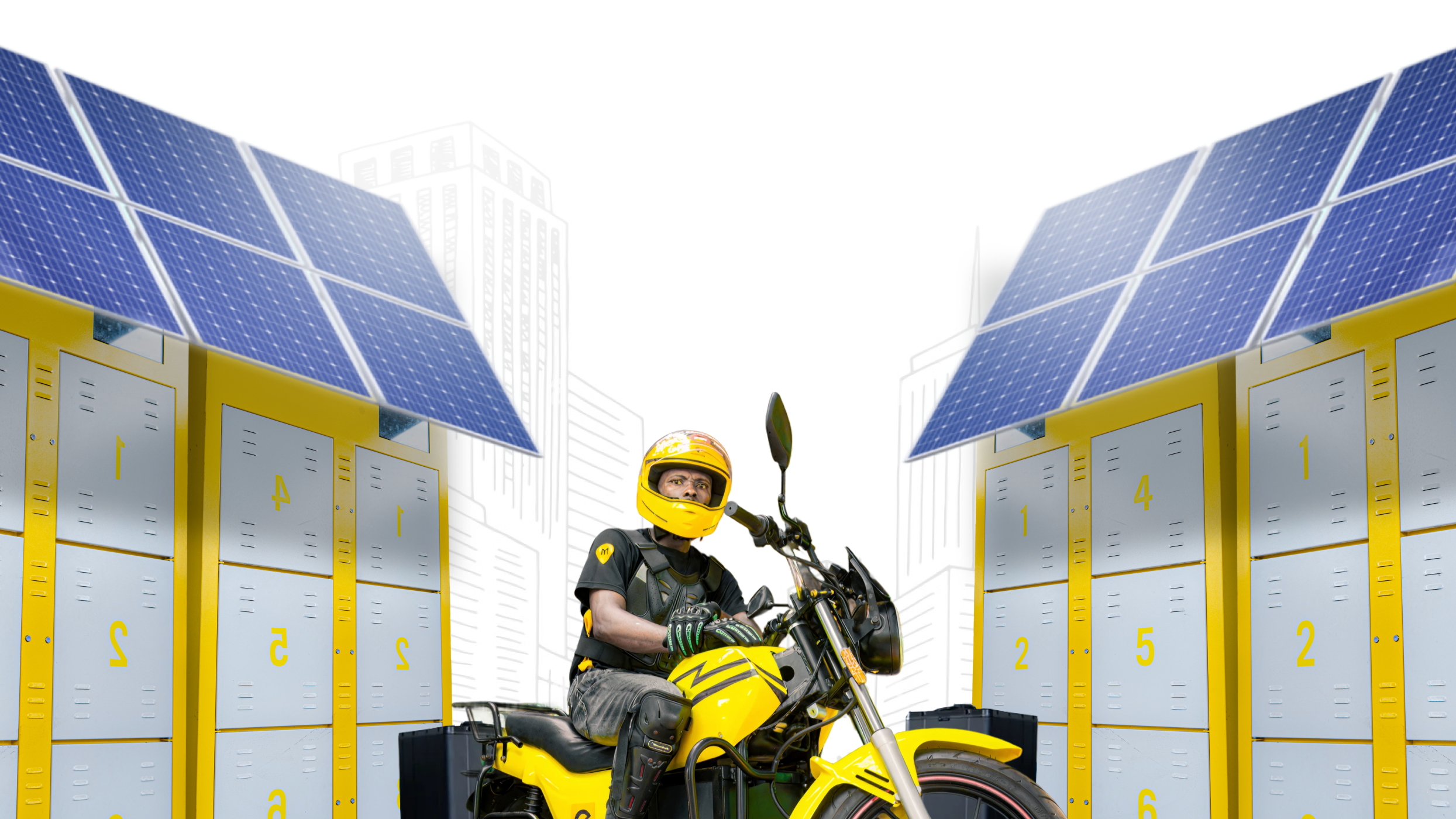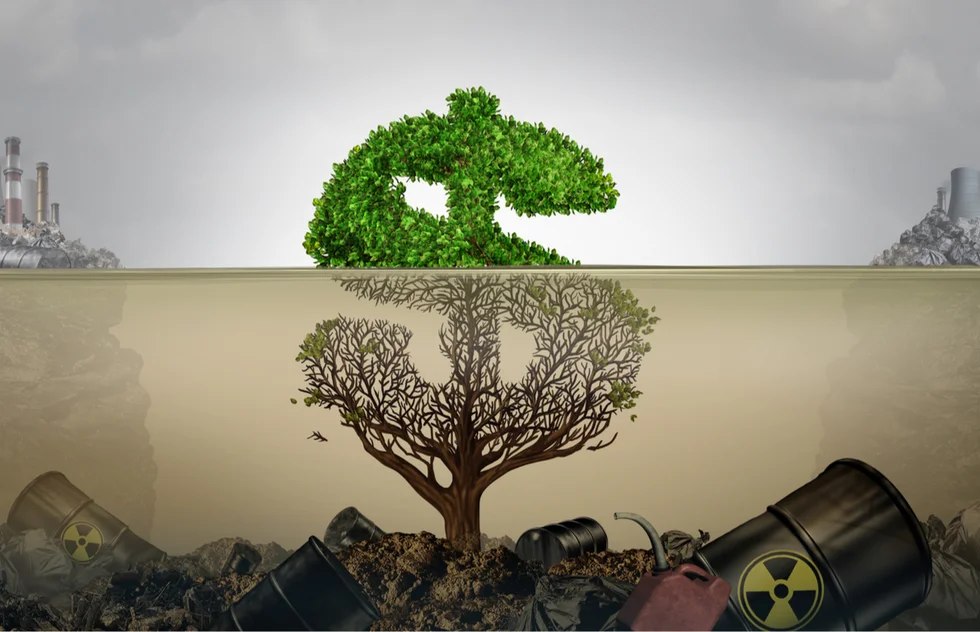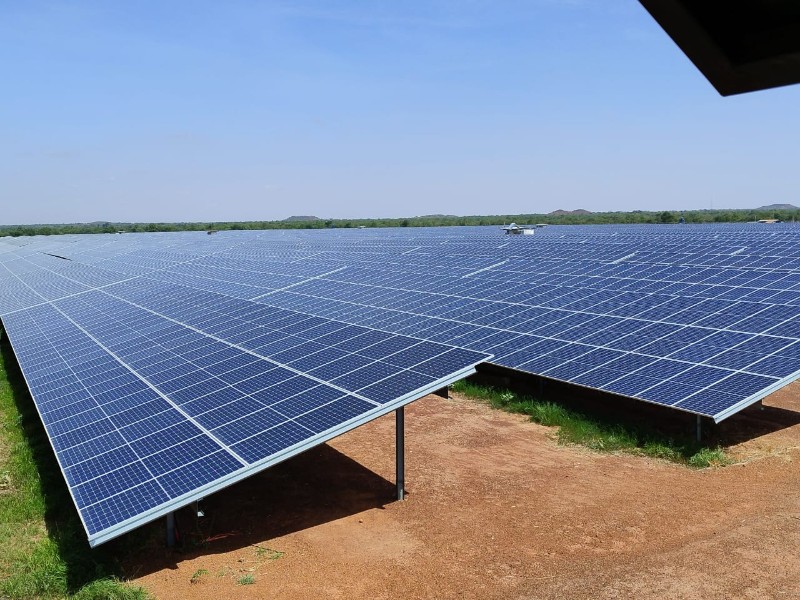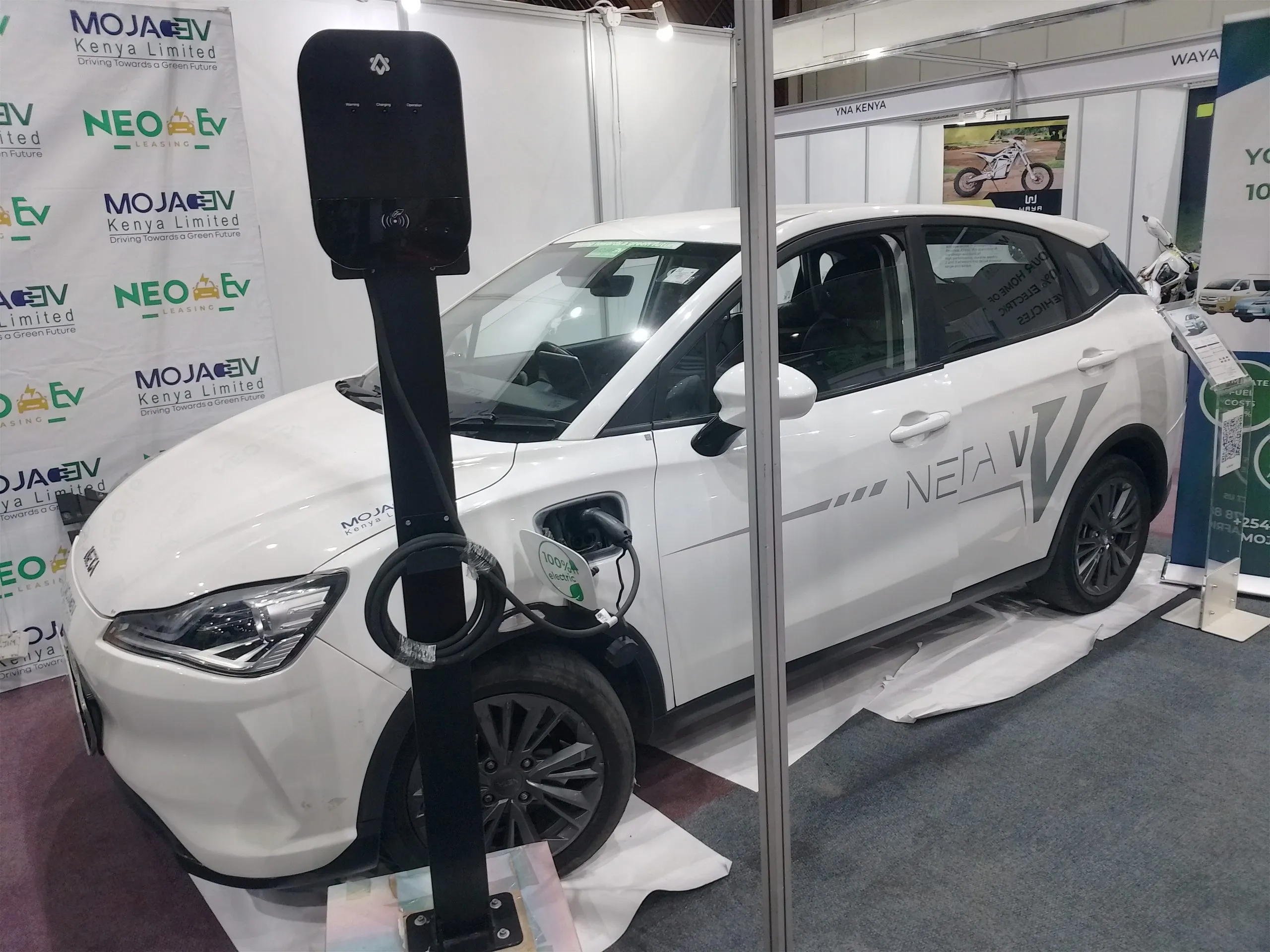Blending mobility and sustainability, MAX has launched West Africa’s first solar-powered EV battery swap station, setting a new benchmark for clean transport solutions.
This innovative infrastructure, powered entirely by renewable energy, marks a significant step toward a lower-carbon future and supports the region’s growing gig economy.
What Makes MAX’s Solar-Powered Battery Swap Station Unique?
Unlike traditional EV charging stations that rely on grid electricity, often generated from fossil fuels, MAX’s station operates on a 20 kWp solar photovoltaic (PV) array, paired with a 24 kW inverter and a 30 kWh battery bank. This setup ensures:
- Clean Energy: The station runs entirely on solar power, reducing reliance on Nigeria’s coal- and gas-heavy grid.
- 24/7 Availability: Excess energy is stored to power operations after sundown or during cloudy periods, ensuring uninterrupted service.
- Efficiency for Drivers: Battery swapping allows commercial drivers, particularly those in the gig economy, to exchange depleted batteries for fully charged ones in minutes, minimising downtime compared to traditional charging.
This innovation aligns with MAX’s mission to provide affordable, tech-enabled, and zero-emission mobility solutions across Nigeria, Ghana, and Cameroon.
READ ALSO:
Mergence Invests R60M in Solarise Africa to Power Africa’s Clean Energy Future
Why Battery Swapping Is the Future of EVs in Africa
Battery swapping addresses key challenges that have slowed EV adoption in Africa, such as high upfront costs, long charging times, and unreliable electricity grids. Here’s why MAX’s approach stands out:
- Speed: Swapping a battery takes just a few minutes, compared to hours for conventional charging, keeping drivers on the road and earning income.
- Affordability: By separating battery ownership from the vehicle, MAX reduces the cost of EVs, making them accessible to more drivers.
- Sustainability: Solar-powered stations eliminate the carbon footprint associated with grid-based charging, supporting Africa’s climate goals.
- Scalability: The model is designed for rapid expansion, with MAX already operating in multiple countries and planning further growth.
This approach is particularly impactful in Nigeria, where motorcycles and tricycles dominate urban transport.
With over 5 million motorcycles in East Africa alone, scalable solutions like MAX’s could transform the region’s transportation landscape.
The Technology Behind the Station
MAX’s solar-powered battery swap station is a great example of clean energy engineering:
- Solar PV Array (20 kWp): Captures sunlight to generate electricity, powering the station during the day.
- 24 kW Inverter: Converts solar energy into usable power for charging batteries.
- 30 kWh Battery Bank: Stores excess energy to ensure round-the-clock operations, even in low-light conditions.
This setup not only supports MAX’s electric motorcycles but also sets a precedent for renewable energy integration in EV infrastructure across Africa.
The station’s IoT-enabled system also allows real-time monitoring and management, optimising efficiency and user experience.
Impact on the Gig Economy and Environment
The launch of this station is a win-win for both drivers and the environment:
- Economic Benefits: Drivers save significantly on fuel and maintenance costs. For example, MAX EVs cost less than N3/km to operate, compared to N6/km for gas-powered vehicles. This translates to substantial savings for gig workers relying on motorcycles and tricycles.
- Environmental Gains: By replacing fossil fuel-powered vehicles with electric ones charged via solar energy, MAX reduces greenhouse gas emissions and particulate matter pollution, which accounts for over 90% of air pollution from motos in some African cities.
- Job Creation: The station creates new opportunities for local technicians, operators, and solar energy professionals, boosting the green economy.
How MAX Is Leading Africa’s EV Revolution
Founded in 2015, MAX has evolved from a logistics and ride-hailing platform to a leader in electric mobility.
With $55 million raised in funding rounds, the company is expanding its fleet and infrastructure across West Africa. Key highlights include:
- Fleet Growth: MAX has introduced electric motorcycles like the M3 and is testing electric tricycles in partnership with companies like Jumia.
- Infrastructure Expansion: The company is building swapping stations along key commercial routes in Lagos, Nigeria’s economic hub, with plans to scale across the region.
- Partnerships: MAX’s collaboration with Energicity, a solar-powered minigrid provider, has enabled fully solar-powered mobility systems in Sierra Leone, with potential for further expansion.
MAX’s focus on affordability, reliability, and rugged designs tailored for African roads positions it as a trailblazer in the continent’s clean mobility space.
READ ALSO:
Nominations Now Open: African Power & Energy Elites 2025/2026
Get Involved: The Road to a Greener Africa
Want to learn more about MAX’s mission or explore electric mobility in Africa? Visit MAX’s official website for updates on their EV solutions and infrastructure.
Ronnie Paul is a seasoned writer and analyst with a prolific portfolio of over 1,000 published articles, specialising in fintech, cryptocurrency, climate change, and digital finance at Africa Digest News.






